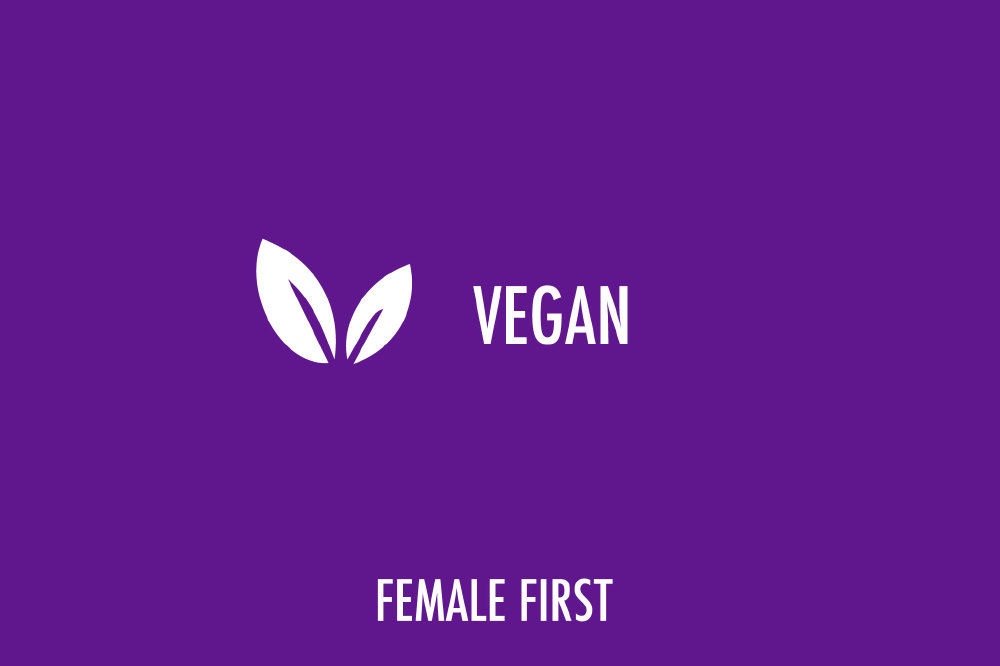Protein powder is the biggest selling sports supplement on the planet. However, as the market continues to grow at a record rate the sales of whey protein powders have been falling. Athletes all over the country are ditching their dairy based shakes in favour of alternatives made from hemp, pea, rice, soy and quinoa.

Vegan on Female First
These plant based protein powders offer all the benefits of whey protein but without that common sides effects that people have come to expect when drinking whey protein shakes. As more and more people become increasingly conscious of not just how they look but also of their health, it seems as though a continued shift towards plant based protein powder is inevitable.
Charlotte Cliffe, Associate Nutritionist, explains the benefits of choosing plant based protein over more traditional whey protein powders.
- Bloating – whey protein causes a huge stress on the digestive system which can often leave people feeling bloated or uncomfortable after drinking. As well as this, it is thought that 65% of the human population suffer from some level of lactose intolerance**. The lactose that is present in the milk that whey protein is derived from can leave those with even slight lactose intolerance feeling bloated and lethargic.
- Hormones – dairy cows are often given artificial hormones and antibiotics to increase their milking efficiency, these hormones tend to find their way into milk that whey protein is derived from and therefore into whey protein as well. It’s these hormones that can cause so many people to suffer from breakouts, mood swings and hormonal disruptions when using whey protein shakes to supplement their diet.
- Ache – whey stimulates the express of insulin and insulin GF-1. Along with controlling blood sugar levels, insulin also plays a role in sebum secretion. Sebum, produced by the sebaceous glands, is an oily substance which helps lubricate the skin and over production of this can cause pores to become clogged up, resulting in acne.
- Nutritional value – plant based powders were often thought to be inferior to whey protein as they tended to lack one or more of the essential amino acids. However, vegan protein powders such as Vivo Life PERFORM now combine multiple sources of plant based protein including pea protein, hemp protein and additional plant based branched chain amino acids (BCAAs) creating an amino acid profile that is just as effective as whey for building muscle. As well as this, each scoop of PERFORM delivers 25 grams of protein – which is roughly the same as almost any whey protein powder that lines the supermarket shelves. Plant based proteins are much higher in nutritional value than whey protein which helps to prevent any unwanted nutrient deficiencies that may arise from a diet that is high in animal protein
- Digestion – vegan protein powders are much easier to digest than whey protein which means that it is able to get to work faster and much more efficiently than whey based protein. As well as this, if whey protein is leaving you feeling bloated then is likely that your body isn’t absorbing them properly.
- Environment – a vegan or vegetarian diet is not only better for your health but also the health of the environment. A vegetarian diet has been shown to reduce the greenhouse gas emissions by 63% and a vegan diet is thought to cut this by a third*. If you want to take a step towards helping the environment, adding more plant based meals into your schedule and swapping whey protein for plant based protein is a great place to start
*Frontiers in Nutrition
** US National Library of Medicine
Written by Charlotte Cliffe, associate nutritionist for plant based health products company, Vivo Life

